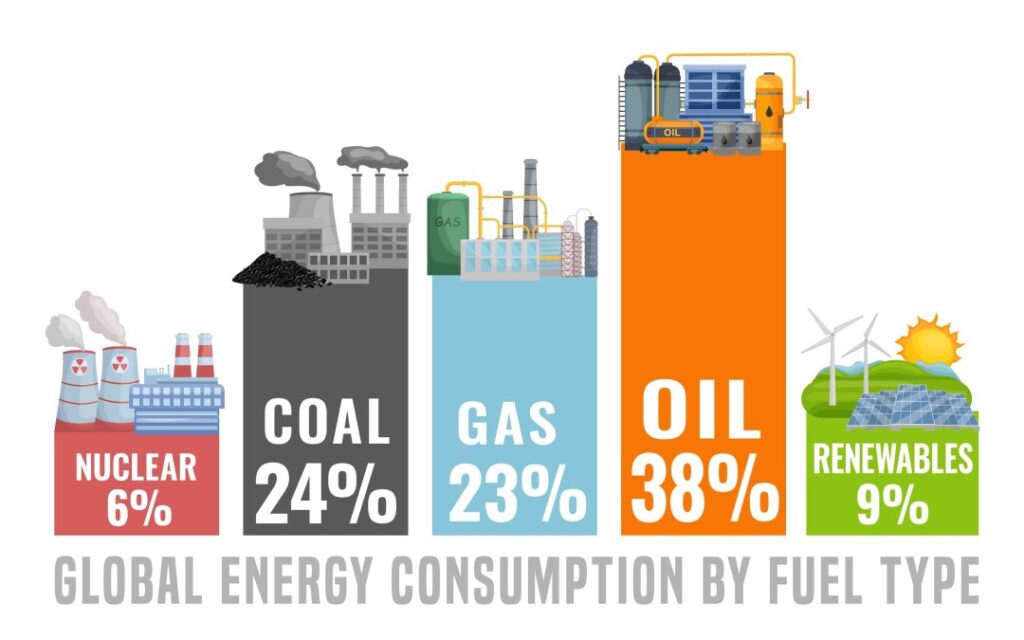NEWS
ExxonMobil sues climate activists
ExxonMobil Sues Climate Activists Over Emissions Resolution
In an unexpected turn of events, ExxonMobil has filed a lawsuit against activist investor group Follow This and investment adviser Arjuna Capital after they attempted to push a climate-related resolution before the company’s board. The resolution aimed to accelerate reductions of greenhouse gas emissions, but ExxonMobil’s response was to take legal action against the activists, even after they withdrew their motion.
This aggressive stance from the oil giant underscores its commitment to maintaining the status quo of fossil fuel consumption. It also serves as a stark reminder to activists that relying solely ExxonMobil on inside strategies and corporations’ goodwill is unlikely to yield significant results, regardless of the legitimacy of the cause.
Challenges of Activist Strategies and the Call for Political Action
Repeated attempts by activists to introduce similar resolutions in previous years have seen little support from shareholders, indicating the limitations of this approach. Instead, activists should focus their efforts on the political process, advocating for regulations, incentives, and constraints that compel companies to align with emission reduction goals.
The effectiveness of divestment movements, which have garnered support from numerous organizations with significant assets, has been called into question. Despite aiming to pressure fossil fuel companies by hitting their share prices and raising capital costs, studies suggest that their impact has been minimal, if not counterproductive. This is partly due to the phenomenon of shares being purchased by investors less concerned about climate change, potentially leading to increased carbon emissions.

Contrasting Impact Investors with Regulatory Measures
Moreover, attempts by so-called impact investors to influence corporate behavior by purchasing shares have yielded mixed results at best. While shareholder preferences can sometimes prompt companies to reduce emissions, the overall track record of such pressure remains unimpressive.
In contrast, regulatory measures have demonstrated more immediate and significant effects on emissions reduction. For instance, the Greenhouse Gas Reporting Program of 2010, which mandated large emitters to report their emissions to federal regulators, resulted in a notable decrease in carbon dioxide emissions from affected power plants.
Driving Climate Progress: Regulatory Frameworks Over Corporate Activism
While activism can impose costs on corporations through public pressure, particularly in terms of brand value, it is unlikely to bring about wholesale change without robust regulatory frameworks in place. Therefore, efforts to pressure regulatory bodies, such as the Securities and Exchange Commission, to mandate public emissions reporting for corporations may prove more effective in driving meaningful progress toward climate goals than direct confrontations with individual companies like ExxonMobil.